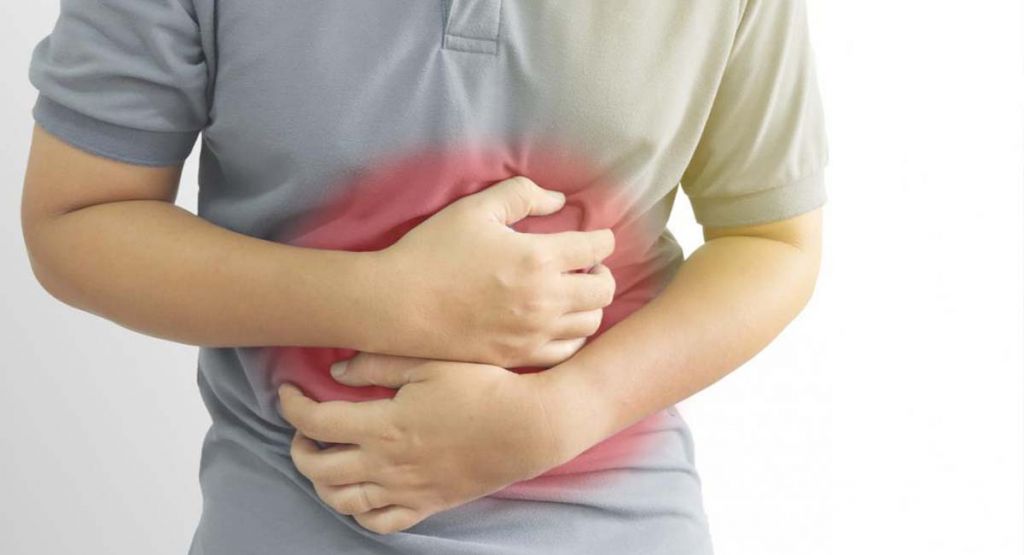
Nội dung bài viết / Table of Contents
This post is also available in: Tiếng Việt (Vietnamese)

Abdominal (belly) pain is pain or discomfort that you may feel in the part of the trunk below the ribs and above the pelvis. It comes from organs within the abdomen or organs adjacent to the belly. It is caused by inflammation, distention of an organ, or by loss of the blood supply to an organ.
Generally, everyone used to experience abdominal pain in their lives at least once. However, most of the causes seem not serious and can be readily diagnosed and treated. In some cases, pain can also be a sign or symptom of a serious condition. It’s essential to recognize signs and symptoms that are severe and make a call for a doctor to treat immediately.
Abdominal pain is a type of disease can affect all people from children to the old, from men to women. However, Women seem to be more influenced by abdominal pain twice as often as men.
However, it can be managed by reducing your risk factors. Please discuss with your doctor for further information.
Depending on what the cause of abdominal pain is, the severity of signs and symptoms of the condition can range from mild to severe:
If you feel that your abdominal pain is severe or if there is any accompanied following symptoms, please contact your health care provider as soon as possible to have a proper treatment:
Early diagnosis and treatment can stop this condition from worsening and prevent another medical emergency, so talk to your doctor as soon as possible to prevent this serious condition.
If you have any questions, please consulting with your doctor. Everyone’s body acts differently. It is always best to discuss with your doctor what is best for your situation.
Causes
Whether it’s a mild stomach ache, sharp pain, or stomach cramps, abdominal pain can have numerous causes. Some of the more common causes may include:
You may have higher risks for this condition if you are experiencing these following conditions:
If your doctor suspects that you experience abdominal pain, he/she will perform an exam thoroughly to determine this condition because there are so many potential causes of abdominal pain, your health care provider will perform a thorough physical exam, discuss with you the type of symptoms you are experiencing, and ask you several questions about the pain you are feeling.
Once an initial evaluation has been completed, your health care provider may have you undergo some tests to help find the cause of your pain. These tests may include stool or urine tests, blood tests, barium swallows or enemas, an endoscopy, X-ray, ultrasound, or CT scan.
Ultrasound is useful in diagnosing gallstones, appendicitis, or ruptured ovarian cysts as the cause of the pain.
Computerized tomography (CT) of the abdomen is useful in diagnosing pancreatitis, pancreatic cancer, appendicitis, and diverticulitis, as well as in diagnosing abscesses in the abdomen. Special CT scans of the abdominal blood vessels can detect diseases of the arteries that block the flow of blood to the abdominal organs.
Magnetic resonance imaging (MRI) is useful in diagnosing many of the same conditions as CT tomography.
What are some lifestyle changes or home remedies that can help me manage abdominal pain?
Following these tips can help you to prevent abdominal pain, you should:
If you have any questions, please consult with your doctor to better understand the best solution for you.
Sources